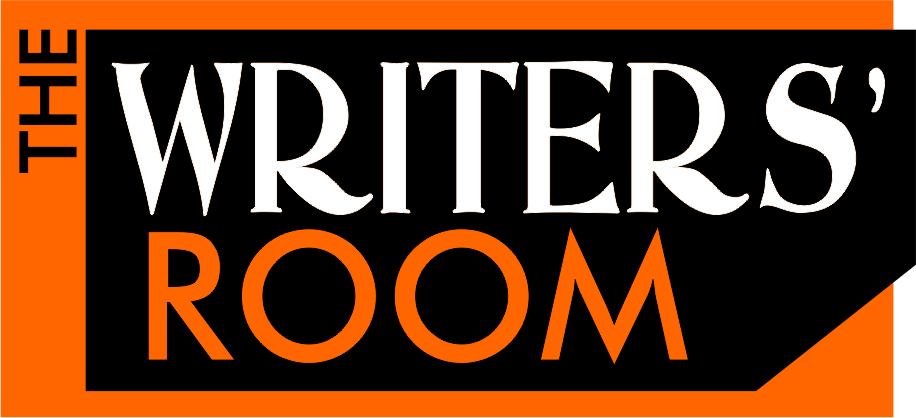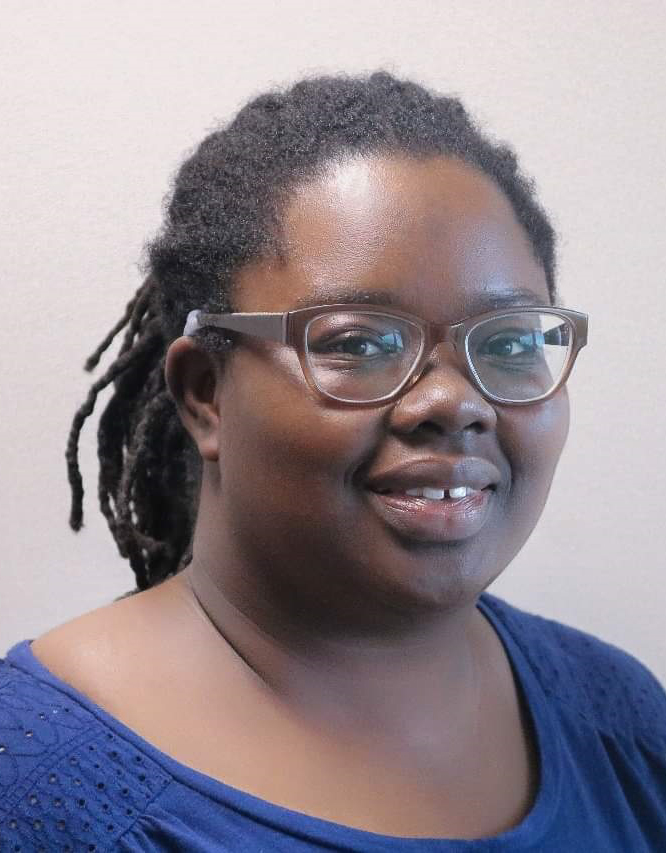
Blair, who is a fourth year Communications Studies student at the University of Guyana (UG), started her writing 12 years ago with fanfiction, reshaping her favourite stories to insert characters like herself into places, times, situations and genres where people of colour – especially Caribbean people of colour – were seldom featured. She is an avid reader and in 2016, she created her blog Blairviews (https://blairviews. com/) to write about the books she was reading and their impact on her worldview.
TWR: You mention that you have been writing for 12 years. What inspired your journey as a writer and led to you pursuing writing as a professional career?
Nikita: I grew up among books. My parents claim that they got me my first books when I was two years old and from then they went out of their way to ensure that I had a constant supply of books. They used to read to me as well before I was able to read on my own. They would do voices and try to make it as enjoyable as possible for me. I still remember my mother reading this book called “Who’s Hiding There”, about animals and the way they camouflage themselves or use what I would later learn was biomimicry to look like other animals entirely. My father read me more whimsical books about rabbits fighting monsters and clever children building submarines to explore unknown places. My mother would always tell me that books were my
friends and that I should love and cherish them.
Then one day, around the time I was seven or eight, my father came home with these clunky plastic boxes housing a bunch of cassette tapes. They were the first audiobooks I ever listened to. At first they were nonfiction like “Born Free” and “Cry of the Kalahari”, about scientists studying animals in Kenya and the Kalahari desert in Botswana; or Bill Bryson’s hilarious travel book, “Down Under/In a Sunburnt Country”. The first fiction book he exposed me to was “The
Hitchhiker’s Guide to the Galaxy” by Douglas Adams. I began to emulate these authors’ styles in my essays when I was at school or even in the way I told my friends stories.
TWR: Tell us about your decision to pursue science journalism as a career field and how you made the transition from fiction to non-fiction.
Nikita: I never truly transitioned from fiction to non-fiction, to be honest. I was still writing fiction while doing non-fiction, but I changed my studies to accommodate my writing ambitions.
I decided that I wanted to be a science journalist in 2016. Back then, I was enrolled in UG’s Biology programme. I loved biology and I did well on the mandatory English courses we had to do. I had been doing nature photography since I was 14 and wanted to become a nature photojournalist when I was finished with my biology degree. The only problem was that I was good at the biology parts and the writing parts, but when the chemistry started looking like physics, I started floundering. It made me reassess my strengths and weaknesses and I decided that I might do a better job writing about science rather than being a scientist. I also realised that there was a lack of specialisation in journalism in Guyana and there was a niche available for me in that regard.
I walked out on Biology on February 22nd, 2016, the day I turned 21. One of my classes had been cancelled for the fifth time in a row and I just had enough. I remember walking straight to the Centre of Communication Studies at around 10.30 that morning and asked for help to enrol in the new year. The secretary, Sasha, offered me a seat and gave me a photocopy of her personal copy of the CCS brochure. I don’t remember what she said to me but I remembered that I went out to have lunch with my parents and then I went home and got a leave of absence from the [Biology] programme.
I spent the next six months teaching myself how to write in preparation for joining the course because I was so afraid that I would be behind everyone. After all, I had spent the last six years in the science stream. I enrolled in an English Composition course on EdX, which turned out to be CCS First Year 101 at the end of the day, because it taught me many of the nonfiction
writing skills I would have to use to survive my first three years, e.g. how to write in drafts, how to do ethnography and how to make a blog from scratch. In August, I officially deregistered from bio and enrolled as a Communications Studies student, hoping to use my science background to
specialise in science journalism. In some ways, this choice was my way to write myself back to biology.
TWR: How did you go about finding your unique writing voice?
Nikita: As I mentioned, my father’s early investments in audiobooks really influenced me and over time I found myself trying to emulate the voices of my favourite authors or at least the reading styles of my favourite narrators, like Bahni Turpin, William Roberts and Dion Graham. Through a lot of reading and listening, I began to discover what I liked and what I didn’t like and I replicated that while adding my own flare to my writing.
TWR: Which authors have influenced you the most?
Nikita: For nonfiction, Bill Bryson for sure. The wit and humour he brought to writing about complicated subjects like the history of the scientific boom in the late 19th and early
20th century in “A Short History of Nearly Everything”, influenced the way that I write essays and articles today. But, most of my influences come from fiction authors. Recently, I have been hanging onto Marlon James, Nnedi Okorafor and N.K. Jemisin as inspirations for my work. Sometimes, though, a single book might spark an idea out of the blue for me. For example, when I wrote, “The Empathy of Horses”, I was still reeling from Arundhati Roy’s, “The Ministry of Utmost Happiness”.
TWR: What themes do you explore in your fictional work and what genre do you classify it as?
Nikita: I love science fiction and fantasy (SFF). My father was an engineer and I guess that is a part of the reason I dream about machines, but I also write about the things that scare me, like how Guyana may be impacted by climate change or sea level rise in the future, or how biological mechanism can be scaled up to make machines. I love dabbling into cyberpunk, Afropunk, steampunk, biopunk – anything that’s techy and sciency but also whimsical and fantastic.
TWR: You mention that you were set to launch your non-fiction project in early 2020. Can you give us details about that project?
Nikita: I want to go back to the original purpose of my blog and do another themed reading challenge next year. I have already started on it since I’m in my fourth year at school and time is limited, but I want to pull it off. I’m excited about it.






